My thanks to Blair Boone for continuing to be my first reader and for all the information about animals and other things that I absorbed and transformed to suit the Others world; to Debra Dixon for being second reader and providing insights about police procedures; to Doranna Durgin for maintaining the Web site; to Adrienne Roehrich for running the official fan page on Facebook; to Nadine Fallacaro for information about things medical; to Anne Sowards and Jennifer Jackson for the feedback that helps me write a better story; to Jennifer Crow for the monthly gatherings and the gleeful exchange of information about many, many subjects; and to Pat Feidner for always being supportive and encouraging.
A special thanks to the following people who loaned their names to characters, knowing that the name would be the only connection between reality and fiction: Bobbie Barber, Elizabeth Bennefeld, Blair Boone, Douglas Burke, Starr Corcoran, Jennifer Crow, Lorna MacDonald Czarnota, Julie Czerneda, Roger Czerneda, Merri Lee Debany, Michael Debany, Mary Claire Eamer, Sarah Jane Elliott, Chris Fallacaro, Dan Fallacaro, Mike Fallacaro, Nadine Fallacaro, James Alan Gardner, Mantovani Monty Gay, Julie Green, Lois Gresh, Ann Hergott, Lara Herrera, Robert Herrera, Danielle Hilborn, Heather Houghton, Pamela Ireland, Lorne Kates, Allison King, Jana Paniccia, Jennifer Margaret Seely, Denby Skip Stowe, Ruth Stuart, and John Wulf.
Geography
NamidThe World
Continents/Landmasses
Afrikah
Australis
Brittania/Wild Brittania
Cel-Romano/Cel-Romano Alliance of Nations
Felidae
Fingerbone Islands
Storm Islands
Thaisia
Tokhar-Chin
Zelande
Great LakesSuperior, Tala, Honon, Etu, and Tahki
Other lakesFeather Lakes/Finger Lakes
RiverTalulah/Talulah Falls
MountainsAddirondak, Rocky
Cities and villagesFerrymans Landing, Hubb NE (aka Hubbney), Jerzy, Lakeside, Podunk, Shikago, Sparkletown, Sweetwater, Talulah Falls, Toland, Walnut Grove, Wheatfield
Days of the Week
Earthday
Moonsday
Sunsday
Windsday
Thaisday
Firesday
Watersday
A Brief History of the World
L ong ago, Namid gave birth to all kinds of life, including the beings known as humans. She gave the humans fertile pieces of herself, and she gave them good water. Understanding their nature and the nature of her other offspring, she also gave them enough isolation that they would have a chance to survive and grow. And they did.
They learned to build fires and shelters. They learned to farm and build cities. They built boats and fished in the Mediterran and Black seas. They bred and spread throughout their pieces of the world until they pushed into the wild places. Thats when they discovered that Namids other offspring already claimed the rest of the world.
The Others looked at humans and did not see conquerors. They saw a new kind of meat.
Wars were fought to possess the wild places. Sometimes the humans won and spread their seed a little farther. More often, pieces of civilization disappeared, and fearful survivors tried not to shiver when a howl went up in the night or a man, wandering too far from the safety of stout doors and light, was found the next morning drained of blood.
Centuries passed, and the humans built larger ships and sailed across the Atlantik Ocean. When they found virgin land, they built a settlement near the shore. Then they discovered that this land was also claimed by the terra indigene, the earth natives. The Others.
The terra indigene who ruled the continent called Thaisia became angry when the humans cut down trees and put a plow to land that was not theirs. So the Others ate the settlers and learned the shape of this particular meat, just as they had done many times in the past.
The second wave of explorers and settlers found the abandoned settlement and, once more, tried to claim the land as their own.
The Others ate them too.
The third wave of settlers had a leader who was smarter than his predecessors. He offered the Others warm blankets and lengths of cloth for clothes and interesting bits of shiny in exchange for being allowed to live in the settlement and have enough land to grow crops. The Others thought this was a fair exchange and walked off the boundaries of the land that the humans could use. More gifts were exchanged for hunting and fishing privileges. This arrangement satisfied both sides, even if one side regarded its new neighbors with snarling tolerance and the other side swallowed fear and made sure its people were safely inside the settlements walls before nightfall.
Years passed and more settlers arrived. Many died, but enough humans prospered. Settlements grew into villages, which grew into towns, which grew into cities. Little by little, humans moved across Thaisia, spreading out as much as they could on the land they were allowed to use.


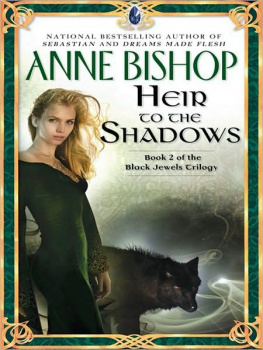
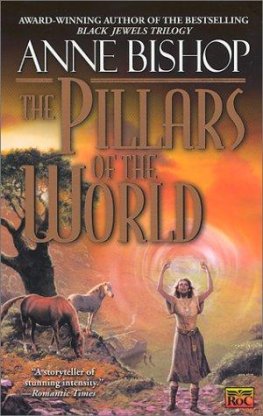
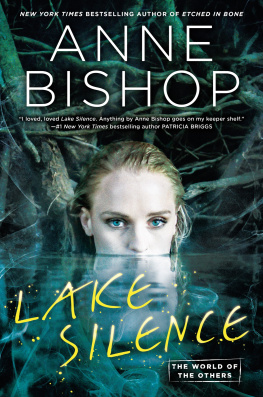
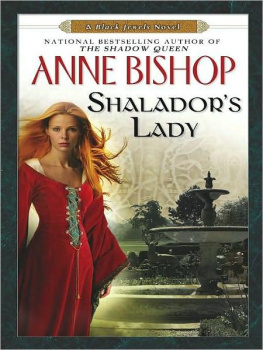
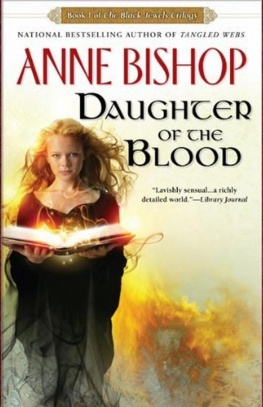
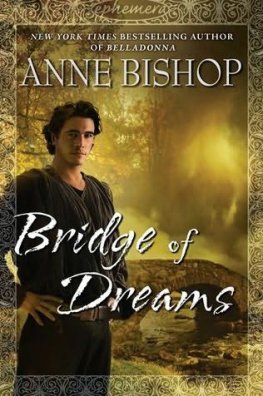
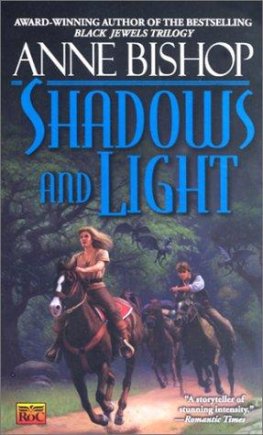
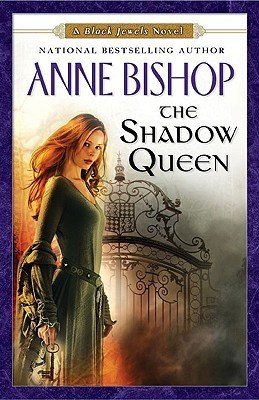
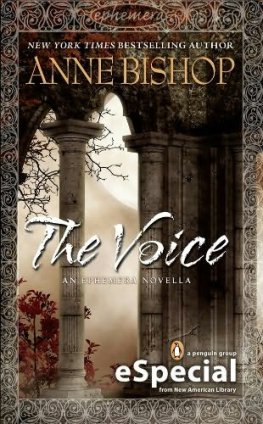
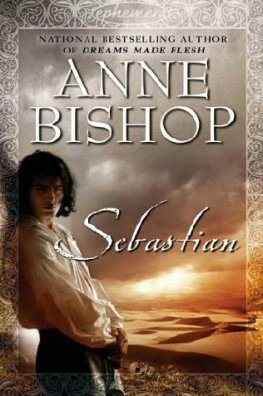

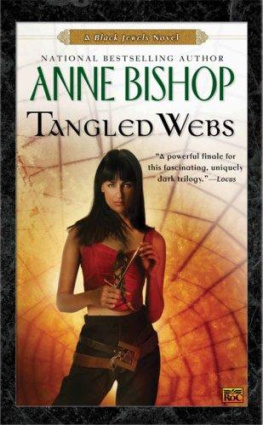
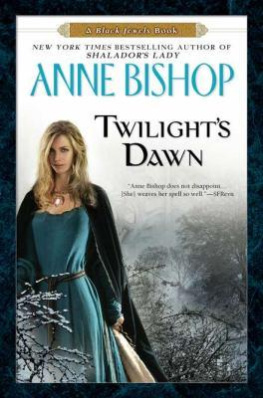
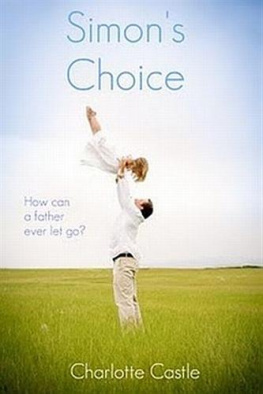

 REGISTERED TRADEMARKMARCA REGIST RADA
REGISTERED TRADEMARKMARCA REGIST RADA
